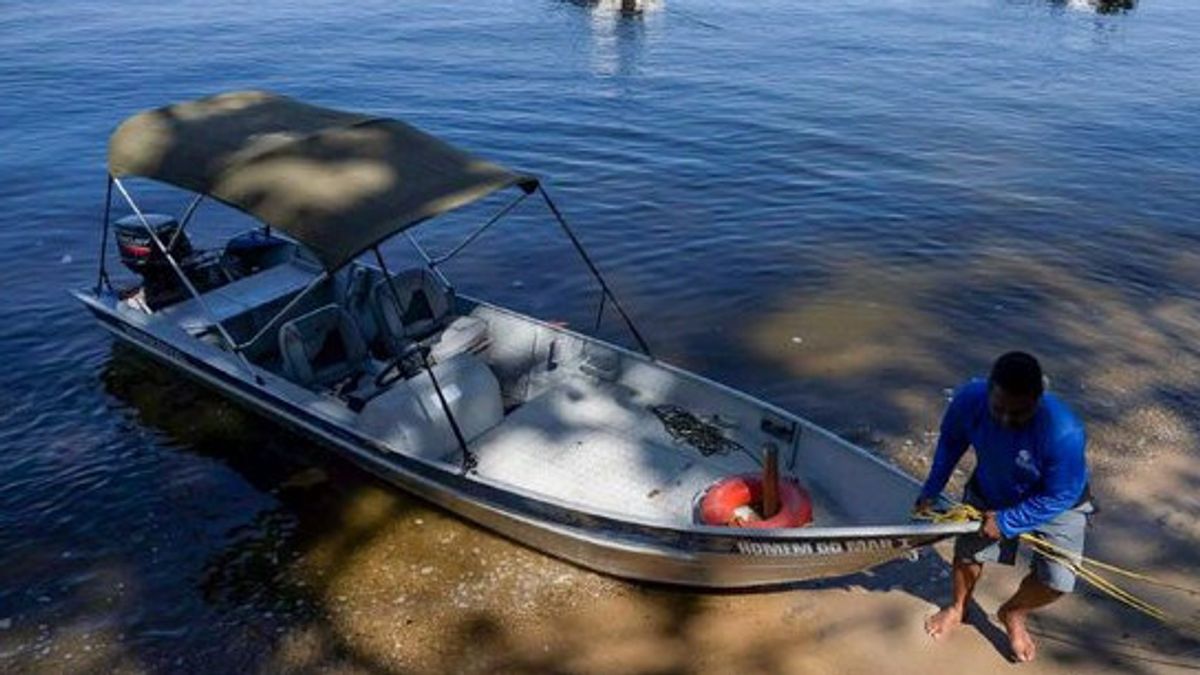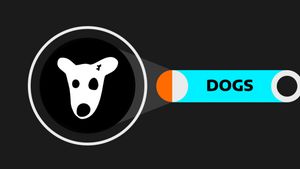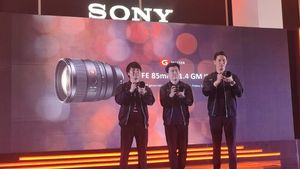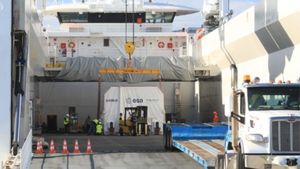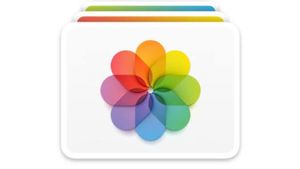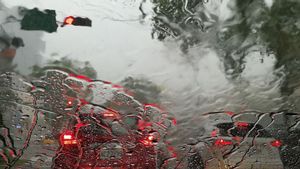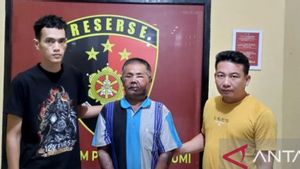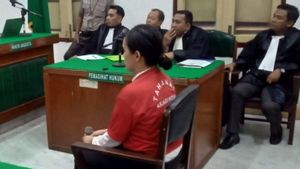JAKARTA - Only by sailing around Guanabara Bay, Rio de Janeiro, can be seen oil spills or chemicals polluting waters that are part of the world's famous landscape, including Mount Sugar Loaf, many monoliths, and charming statues of Christ.
Motivated by this environmental impact, non-governmental groups 350.org and the Guanabara Bay Male and Marine Women Association (Rede Ahomar) created an application for local fishermen to record and report the pollution.
The app, named De Olho na Guanabara or Mata in Guanabara, has been launched since late July. To date, about 70 users have registered, with 27 complaints have been analyzed and published, and 126 other reports are being analyzed, according to data from 350.org.
Alexandre Anderson de Sousa, a fisherman and president of Rede Ahomar, said the app had been tested for more than two years. In addition to fishermen, residents and environmental activists in the region can also share photos and videos related to suspected oil spills or chemicals to be submitted to authorities, along with information about the location of the incident.
"Every report in this application is a warning to all Brazilian people that one of its iconic landmarks is dying due to an obsolete fossil fuel production system, which has also exacerbated the climate crisis," said Luiz Afonso Rosario, campaign coordinator of 350.org.
SEE ALSO:
Giselle Menezes, water quality manager at the Rio de Janeiro (Inea) Environmental Institute, stated that several areas in Guanabara Bay have shown progressive improvement, thanks to investment in basic sanitation networks. In addition to verifying complaints, Inea also conducts independent monitoring and inspections.
Scientists found that sea turtles in the area were getting healthier after years of battling tumor diseases that interfered with their movement, sight, and eating, and eventually killed them.
With this initiative, the hope is that reports of water pollution can be followed up more quickly, helping to maintain the beauty and health of the Guanabara Bay environment, and supporting marine life in it.
The English, Chinese, Japanese, Arabic, and French versions are automatically generated by the AI. So there may still be inaccuracies in translating, please always see Indonesian as our main language. (system supported by DigitalSiber.id)
